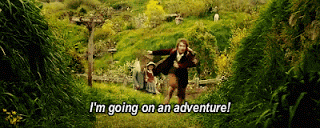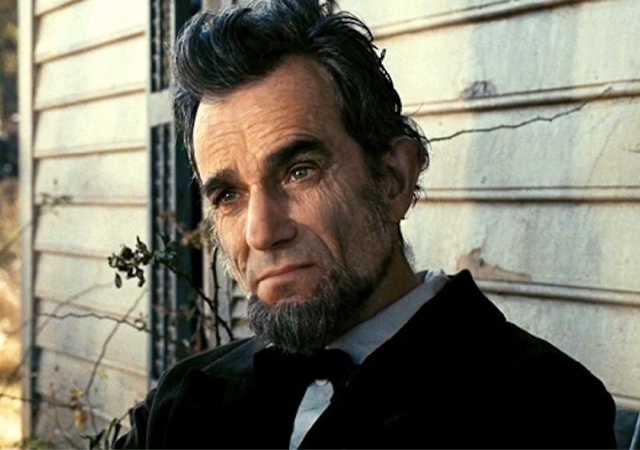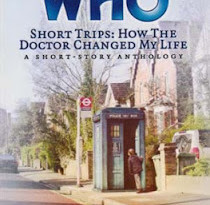The last few weeks have been crazy, and the last few days crazier still. After eight and a half years of living in Cardiff, I’ve just this weekend upped sticks and moved to London. Mad, right? But more on that in another blog post. What I really want to talk about now is the reason for my move…
Tomorrow I start as Assistant Digital Editor with Hodder and Stoughton. I’m still coming to terms with the fact that at last – at long last – I have a job in publishing. It’s ten years ago this June since I first stayed in London, and that was to do work experience with Michael O’Mara Books. It’s a little over a year since I did my stint at Seren Books working on ebook conversion, and since then (slightly off and on, due to changing personal circumstances) I’ve been applying for publishing jobs. And now I’ve got it, with an amazing publishing house and all sorts of exciting books!
Reading the advice on “Getting into publishing” felt really weird at that stage, after being offered the job but before starting it. Part of me kept expect the whole thing to fall through or to turn out to be an elaborate hoax, a belated April Fools’ Joke!
Looking at that advice also gave me a strange feeling of survivors’ guilt. I’ve been wanting and working to get into publishing for so long, and I know how competitive it is, that I almost feel bad about having succeeded in getting in.
But I also know that I have worked hard for it, and I am really well suited to my new job. And more than just a job: this is where I get to begin my publishing career in earnest. So I’m mostly just pleased, thrilled and excited! (I’ve been doing little victory dances when I think no-one is looking).
In terms of advice on getting into publishing, most of it has been said very well already by far better qualified people than me. The one thing that I’d like to point out is how easy it is to get to know what’s going on in an industry you’re trying to break into in the age of the Internet. You don’t even need to afford a subscription to trade magazines like The Bookseller – you can read the headlines online, and get news and analysis on many different blogs and sites. Follow publishers, authors, booksellers, app creators and anyone else connected with publishing on Twitter and other social networks. It’s never been easier to listen to, and join in, the conversation.
Moving to London has been all kinds of crazy, and I hope to tell some of those stories soon. But next up is my first day: leave the house, go to the Tube station, tap in with my new Oystercard, navigate my first commute in the London rushhour, find the office, meet my colleagues and start learning the art of assistant digital editing! Hard work I’m sure, but I can’t wait…
















